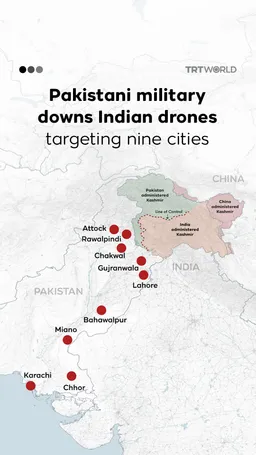Syrian President Ahmed AlSharaa has issued a decree establishing the National Security Council to coordinate and manage the country's security and political policies.
According to a statement from the Syrian presidency on Wednesday, the council will be chaired by AlSharaa and will include the ministers of foreign affairs, defence and interior, along with the director of general intelligence.
It will also have advisory and technical seats appointed by the president based on competence and expertise.
"Based on the powers granted to the President of the Syrian Arab Republic, and based on the supreme national interest, and keen to enhance national security and respond to security and political challenges in the coming period, the President of the Republic decides the establishment of the National Security Council under the chairmanship of the President," the decree states.
According to the decree, the council "shall meet periodically or at the invitation of the President of the Republic."
"Decisions related to national security and the challenges facing the state shall be made in consultation with its members."
The council's duties and operational mechanisms will be determined by the president's directives in line with the supreme national interest, ensuring effective coordination among various agencies and institutions.
Assad loyalists' violence
Last week, Syria's coastal provinces of Latakia and Tartus witnessed coordinated attacks by loyalists of the deposed Bashar al Assad regime. These were the most intense assaults since the regime’s collapse, targeting security patrols and checkpoints and resulting in casualties.
Following the collapse of the Assad regime in December, the new Syrian authorities launched an initiative to settle the status of former regime members in the military and security forces, contingent on their surrendering weapons and remaining untainted by bloodshed.
While tens of thousands accepted the initiative, some armed groups made up of regime remnants rejected it, particularly in the coastal region, where high-ranking Assad officers were stationed.
Over time, these groups fled to the mountainous areas, stirring tensions, destabilising the region and launching sporadic attacks against government forces in recent weeks.















